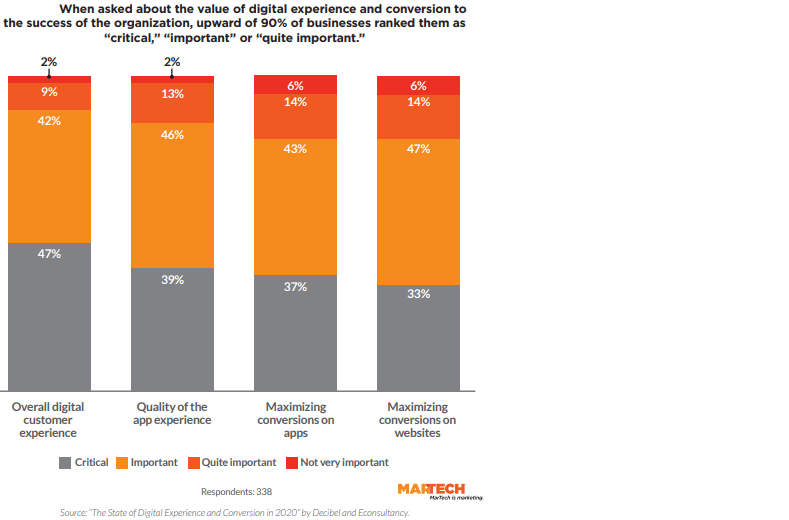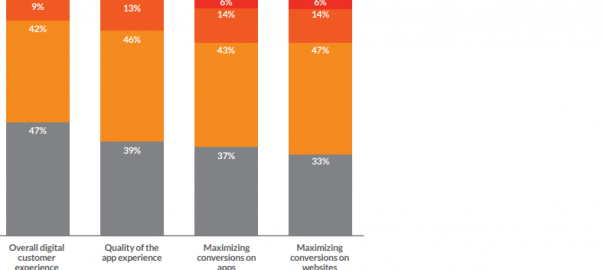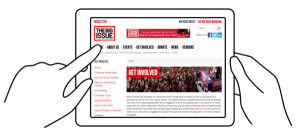Organizations should assess business needs, staff capabilities and financial resources when considering whether to adopt this new technology.
Conversion optimization platforms (COPs) enable marketers to systematically test and personalize websites, mobile apps and other touch points to provide each user with a satisfying experience.
Deciding whether your company needs one calls for a comprehensive self-assessment of your organization’s needs, staff capabilities, management support and financial resources.
Business needs and consequences
Failing to meet expectations can have significant business consequences. Seventy-one percent of consumers expect companies to personalize their interactions, and 76% get frustrated when they don’t, McKinsey research finds.
In addition, analysts noted that it’s easier than ever for frustrated customers to go elsewhere. Three-quarters of consumers adopted new stores, products or buying methods during the pandemic. Businesses recognize the importance of customer experience to their overall organizational health. The digital experience is ranked as “critical” by nearly half (47%) of companies, while only a third (33%) said maximizing conversion on their websites was critical, a Decibel/Econsultancy survey found.

COPs, which can be deployed as part of a digital experience platform (DXP) or independently, may utilize differing approaches but ultimately have the same goal of delivering experiences that meet users’ needs and maximize conversions.
Making an informed adoption decision
Understanding your current testing processes and identifying where you are looking for improvements are critical pieces of the COP adoption decision making process. The following questions will help your organization begin the process in assessing if a COP is the right fit for your business goals.
Do we have needs that aren’t being met by our current testing program? If you’re using a COP, are there gaps in what it can accomplish? If you’re not using one, what are the use cases to which you’d like to apply the technology?
Do we have the staff that can manage the agile marketing workflows involved in conversion optimization? Conversion optimization isn’t a “one and done” project; it requires marketers to continually look for ways to improve their customer experience and perform tests to see if their instincts are correct.
Does the martech we’re currently using to manage our website and mobile apps work with a COP? Conversion optimization platforms are typically very open and integrate with a wide variety of systems, but it may be more difficult to use them with a homegrown or infrequently used CMS.
Do we have support from web development leadership? If you’re planning to implement larger tests involving the infrastructure of your site or app, you’ll need to work with developers. Getting them to back the adoption of this technology will be integral to its success.
Does our C-suite support this type of initiative? Executive buy-in is essential to the success of any martech adoption.
The likelihood of a successful adoption is increased if your management:
- Is convinced that achieving better conversion rates and improving customer experience are essential to the success of the business.
- Agrees that conversion optimization is an never-ending pursuit, and not a one-time event.
- Is willing to fund the investment in software and staff necessary to implement a conversion optimization initiative.
The post Does your company need a conversion optimization platform? appeared first on MarTech.
(15)
Report Post





